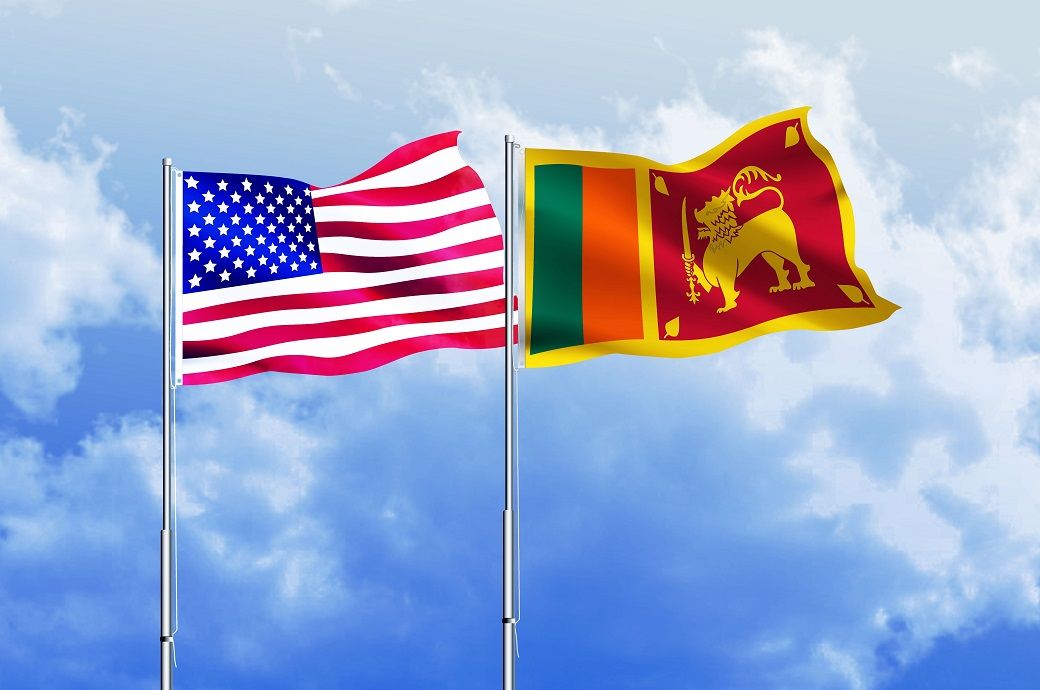
The United States and Sri Lanka held the fourteenth Trade and Investment Framework Agreement (TIFA) Council Meeting yesterday in Colombo. During the meeting, both countries re-engaged on a wide range of bilateral trade and investment-related issues, including policies impacting the investment climate, recent labour reforms, customs and trade facilitation, technical barriers to trade, and market access for apparel, gem and jewellery among others.
The two parties also discussed collaboration and technical assistance related to the development of the digital economy, the countries said in a joint statement.
The technical level meeting was co-chaired by K J Weerasinghe, chief negotiator, Office of International Trade, Government of Sri Lanka, and Brendan Lynch, acting assistant United States Trade Representative for South and Central Asia. Both delegations included officials from trade, investment, customs, labour, intellectual property, agriculture, and other relevant agencies.
Both the United States and Sri Lanka acknowledged that improving transparency and efficiency in approving foreign direct investment (FDI) in Sri Lanka and the implementation of robust anti-corruption measures are instrumental in supporting domestic economic growth and attracting foreign direct investment. With respect to good governance, the United States emphasised the importance of adopting robust anticorruption measures to ensure accountability and promote transparency within Sri Lanka. Sri Lanka provided updates on their recently proposed anticorruption legislation and requested technical assistance and training from the US government to combat bribery and other forms of corruption.
The United States conveyed to Sri Lanka that working with trading partners to support workers’ rights is a top priority issue for the Biden-Harris Administration. Sri Lanka briefed on the ongoing process to reform its existing labour laws and Sri Lanka’s progress towards aligning with that of internationally recognized labour standards. The United States encouraged the reduction of agricultural trade barriers to bolster food security in Sri Lanka.
Sri Lanka highlighted market access for high-value and value-added agricultural products of Sri Lanka, such as organic spices and concentrates, as well as extending GSP preferences to apparel, textiles and leather products, which will benefit Sri Lankan exporters as well as US consumers.
Both countries also affirmed the importance of intellectual property (IP) protection and enforcement as a means to promote both bilateral trade and innovation.
The next TIFA Council Meeting will be held in 2024.
Fibre2Fashion News Desk (KD)